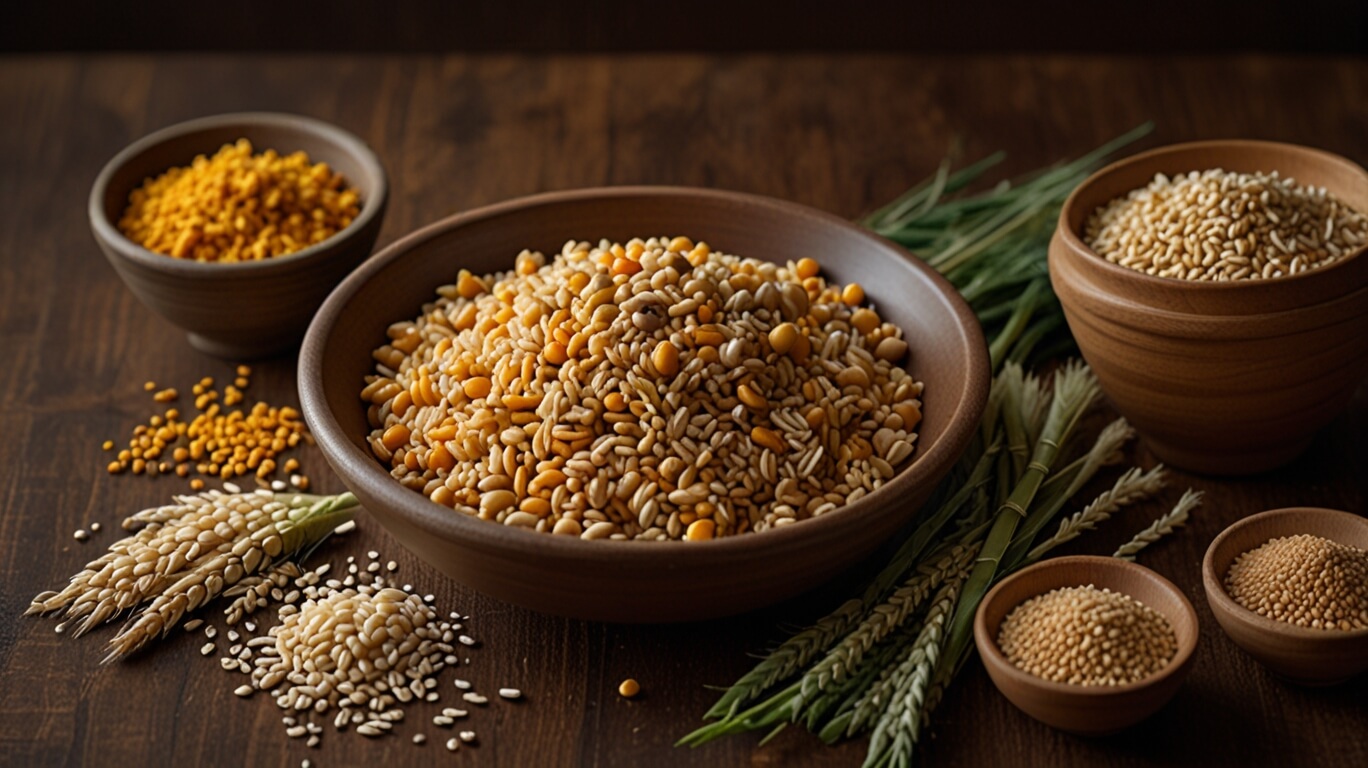Chronic diseases such as diabetes, hypertension, and heart disease are on the rise in Nigeria, posing a significant threat to public health and economic productivity. According to the World Health Organization (WHO), non-communicable diseases (NCDs) account for 29% of all deaths in Nigeria, with cardiovascular diseases and diabetes being leading contributors. While multiple factors contribute to this growing health crisis, dietary habits play a pivotal role. One of the most effective yet underutilized solutions lies in the power of whole grains.
Benefits of Whole Grains
Whole grains, such as brown rice, oats, millet, and whole wheat, are nutrient-dense foods that offer a wide range of health benefits. Unlike refined grains, which are stripped of their bran and germ during processing, whole grains retain all parts of the grain, making them rich in fiber, vitamins, minerals, and antioxidants. These nutrients are essential for maintaining overall health and preventing chronic diseases.
In Nigeria, where diets are increasingly dominated by refined carbohydrates and processed foods, the shift toward whole grains could have a transformative impact. For instance, replacing white rice with brown rice or incorporating whole wheat products into daily meals can significantly improve dietary quality. The fiber in whole grains slows down the absorption of sugar into the bloodstream, preventing spikes in blood glucose levels—a key factor in managing and preventing diabetes.
In addition to preventing chronic diseases, whole grains can play a crucial role in addressing malnutrition, which remains a significant public health challenge in Nigeria.
Whole grains are not only affordable but also nutrient-dense, making them an excellent option for improving dietary diversity and nutritional outcomes. For example, millet, a traditional Nigerian grain, is rich in iron, magnesium, and B vitamins, which are essential for combating anemia and supporting overall health. Similarly, oats are a good source of protein and healthy fats, making them an ideal food for promoting growth and development in children.
Overcoming Barriers to Whole Grain Consumption
Despite their numerous benefits, whole grains remain underutilized in Nigeria. One of the primary barriers is the lack of awareness about their health benefits. Many Nigerians are accustomed to refined grains, which are often perceived as more convenient and palatable. Additionally, the availability and affordability of whole grain products can be a challenge, particularly in rural areas.
To address these barriers, concerted efforts are needed from policymakers, healthcare providers, and the private sector. Public health campaigns can educate consumers about the benefits of whole grains, while subsidies and incentives can make whole grain products more accessible. Businesses in the food industry also have a role to play by incorporating whole grains into their product offerings and promoting them as a healthier alternative.
Conclusion
Whole grains are a powerful tool for preventing chronic diseases and improving public health in Nigeria. By making whole grains a staple in the Nigerian diet, individuals can take proactive steps toward reducing their risk of diabetes, heart disease, and other NCDs. At the same time, policymakers and industry stakeholders must work together to create an enabling environment that supports the production, distribution, and consumption of whole grains.
As the prevalence of chronic diseases continues to rise, the time to act is now. Whole grains offer a simple, affordable, and effective solution to one of Nigeria’s most pressing health challenges. By embracing this dietary shift, Nigeria can pave the way for a healthier, more resilient future.






